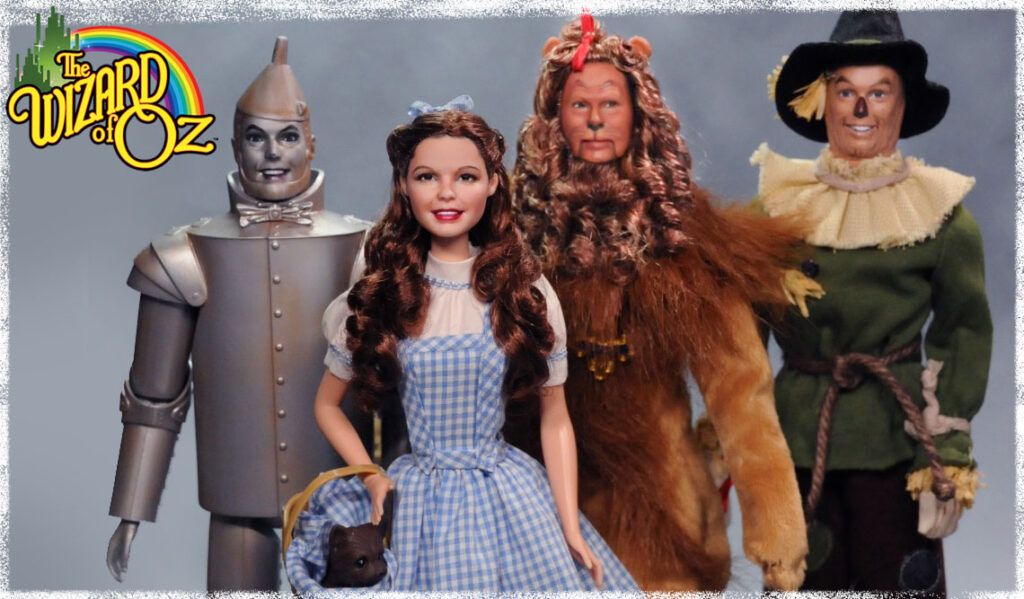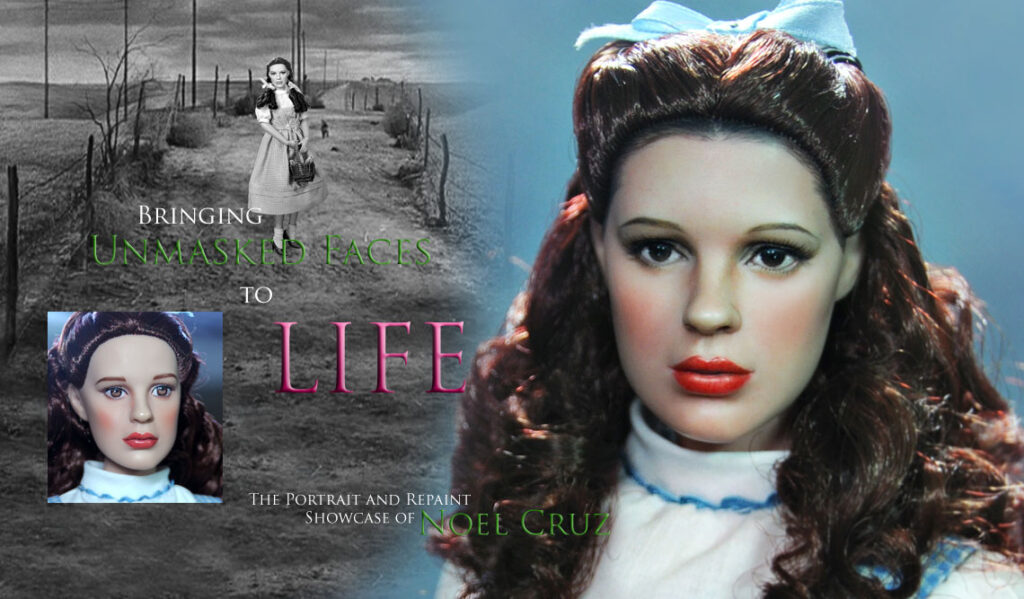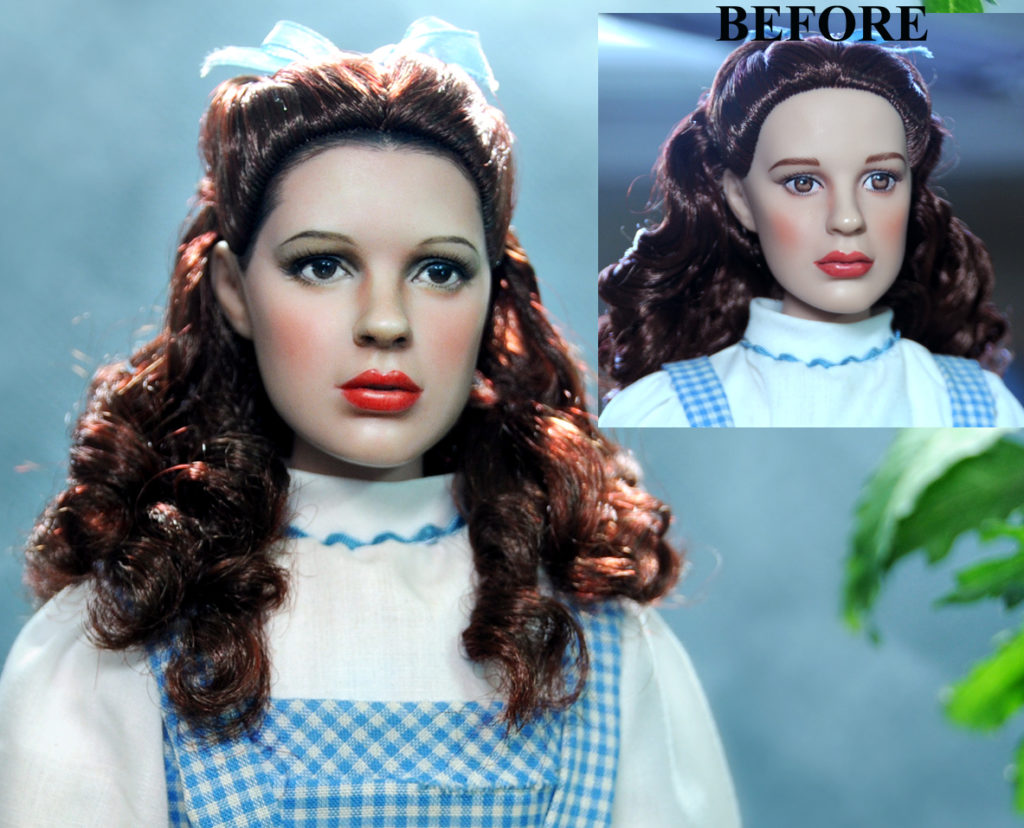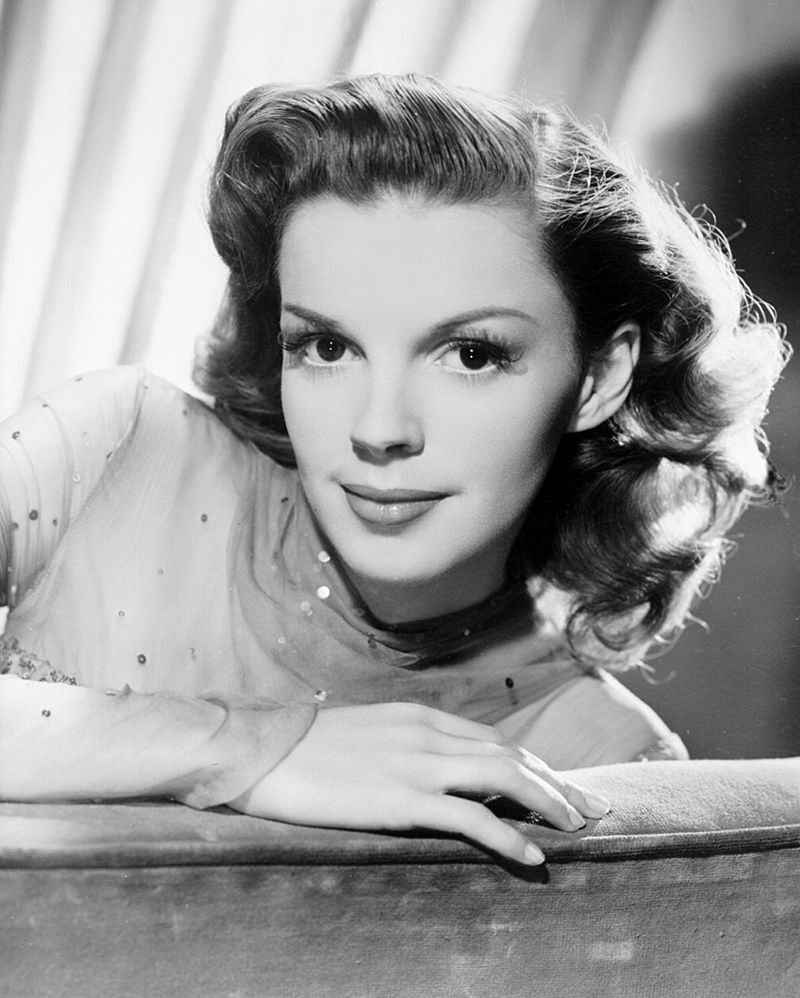
From Wikipedia:
Judy Garland (born Frances Ethel Gumm; June 10, 1922 – June 22, 1969) was an American actress, singer, vaudevillian and dancer. With a career spanning 45 years, she attained international stardom as an actress in both musical and dramatic roles, as a recording artist, and on the concert stage.[2][3] Renowned for her versatility, she received an Academy Juvenile Award, a Golden Globe Award, a Special Tony Award, and was the first woman to win the Grammy Award for Album of the Year for her 1961 live recording Judy at Carnegie Hall.
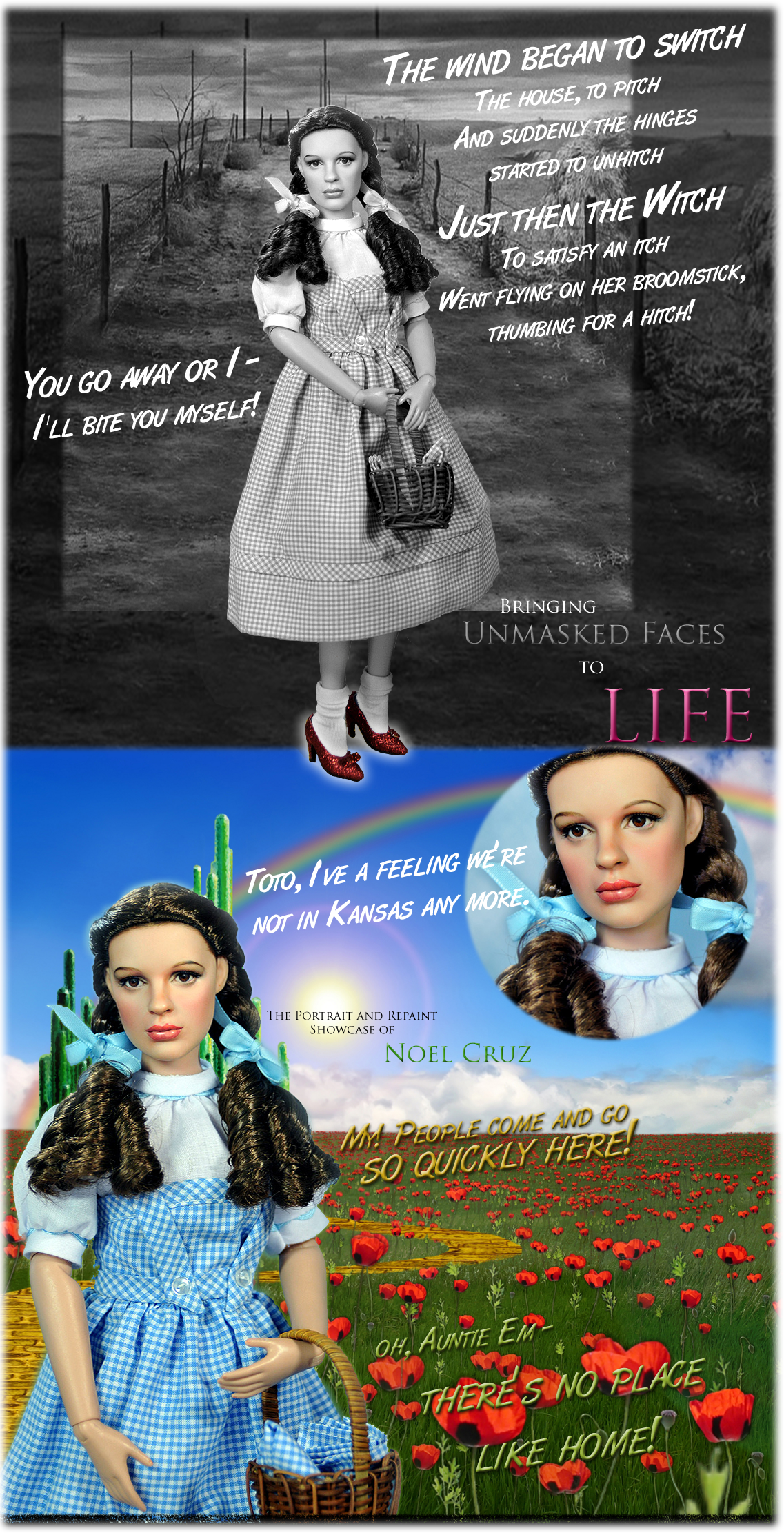
Garland began performing in vaudeville as a child with her two older sisters and was later signed to Metro-Goldwyn-Mayer as a teenager. She appeared in more than two dozen films for MGM and is remembered for portraying Dorothy Gale in The Wizard of Oz (1939). Garland was a frequent on-screen partner of both Mickey Rooney and Gene Kelly and regularly collaborated with director and second husband Vincente Minnelli. Other film appearances during this period include roles in Meet Me in St. Louis (1944), The Harvey Girls (1946), Easter Parade (1948), and Summer Stock (1950). Garland was released from MGM in 1950, after 15 years with the studio, amid a series of personal struggles that prevented her from fulfilling the terms of her contract.
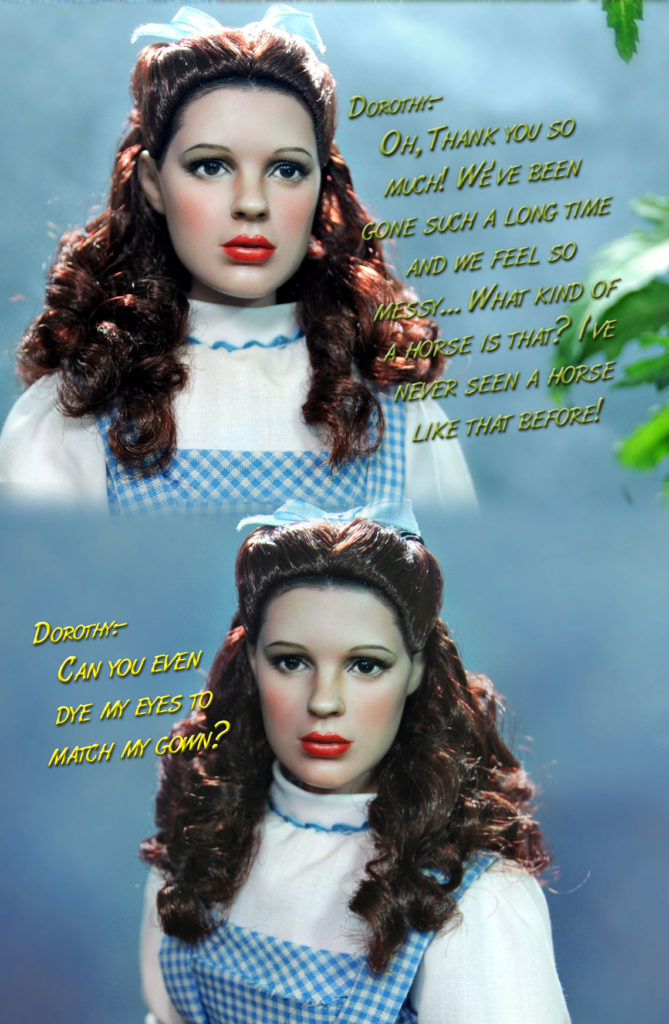
Although her film career became intermittent thereafter, two of Garland’s most critically acclaimed roles came later in her career: she received a nomination for the Academy Award for Best Actress for her performance in A Star Is Born (1954) and a nomination for Best Supporting Actress for her performance in Judgment at Nuremberg (1961). She also made record-breaking concert appearances, released eight studio albums, and hosted her own Emmy-nominated television series, The Judy Garland Show (1963–1964). At age 39, Garland became the youngest and first female recipient of the Cecil B. DeMille Award for lifetime achievement in the film industry. In 1997, Garland was posthumously awarded the Grammy Lifetime Achievement Award. Several of her recordings have been inducted into the Grammy Hall of Fame, and in 1999, the American Film Institute ranked her as the eighth-greatest female screen legend of Classic Hollywood Cinema.[4]
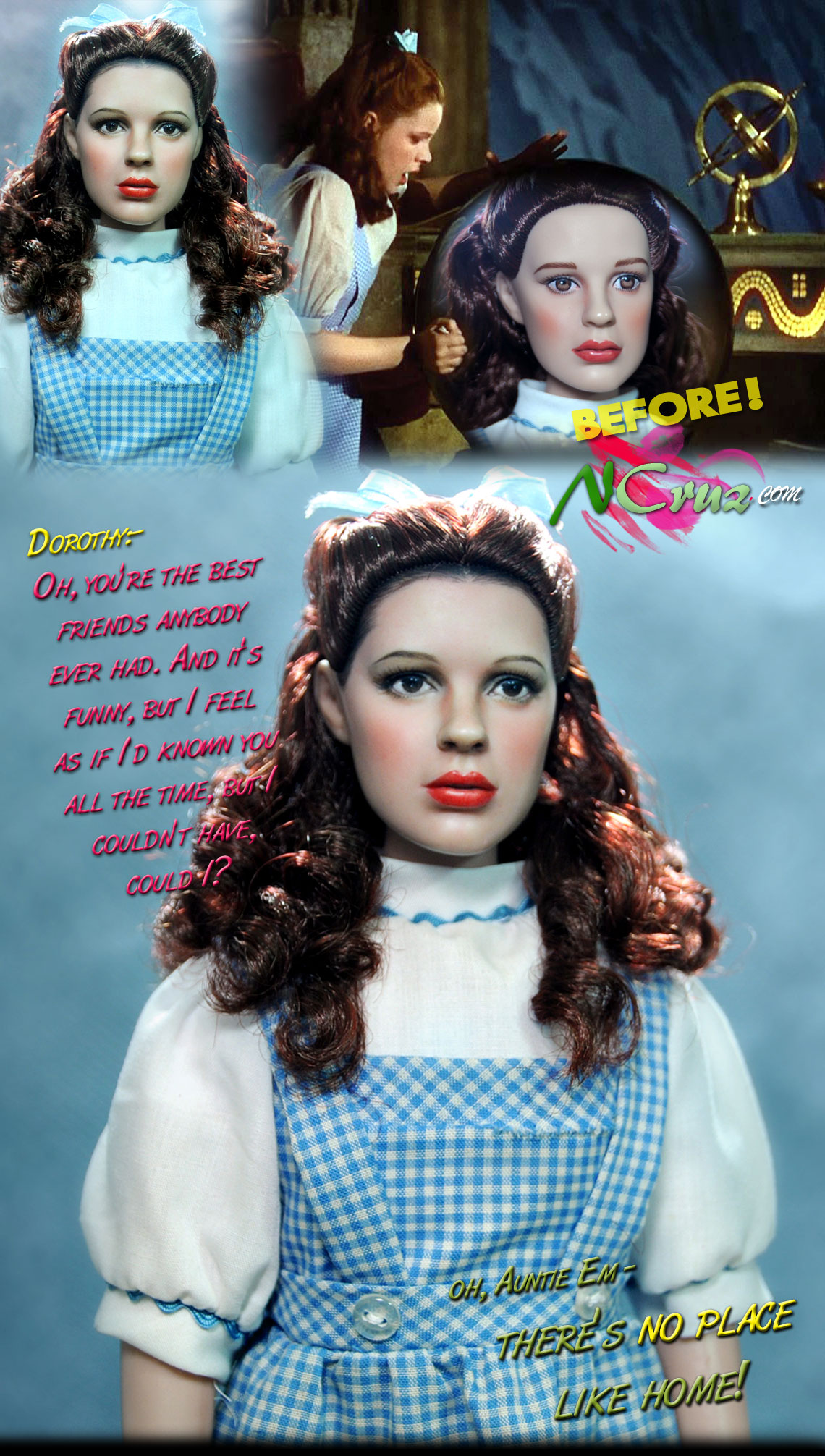
Garland struggled in her personal life from an early age. The pressures of early stardom affected her physical and mental health from the time she was a teenager; her self-image was influenced by constant criticism from film executives who believed that she was physically unattractive and who manipulated her onscreen physical appearance.[5] Throughout her adulthood she was plagued by alcohol and substance use disorder as well as financial instability, often owing hundreds of thousands of dollars in back taxes. Her lifelong struggle with substance use disorder ultimately led to her death in London from an accidental barbiturate overdose at age 47.
